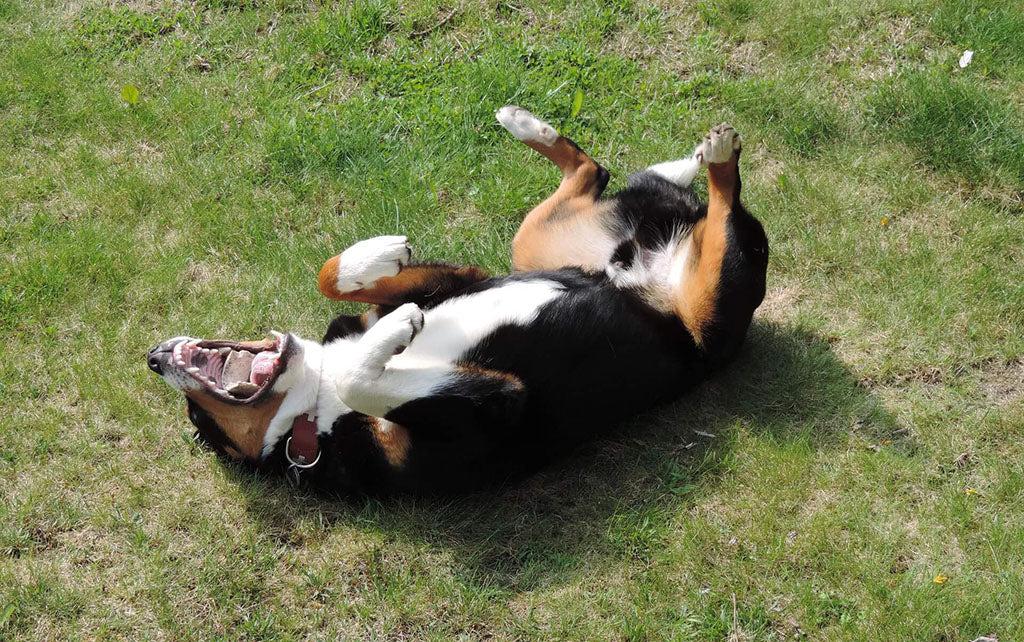How many nipples do dogs have? Do male dogs have nipples? In this blog, we’ll learn all about dog nipples and what’s normal and what isn’t.
- Home/
- Dog/
- Health & Wellness/
- How Many Nipples Does A Dog Have?
How Many Nipples Does A Dog Have?

Every mammal has nipples, regardless of their sex, even though their primary use is to transport milk from the mother’s mammary tissue to their infant.
Do Male Dogs Have Nipples?
Yes, even male dogs have nipples along with female dogs. Nipples develop while babies are in their mother’s womb, and that’s why we’re all born with nipples – the same goes for our canine friends.
A normal dog’s nipple looks like a little pimple-like bump and they appear in two rows on the chest and underside belly of a dog. They can sometimes be mistaken for ticks and vice versa.
Nipples don’t appear anywhere else on doggos, so if you think you can feel a nipple-like bump on any other area of your dog, then you should see a vet to rule out anything sinister.
How Many Nipples Does A Dog Have?
In both male and female dogs, they can typically have anywhere between 6 and 10 nipples in total (so 3 to 5 in each row). However, some dogs may have more or less!

The number of nipples on a dog is unique to them and is in no way determined by their sex, breed, age, size, or health status.
It’s also nothing to worry about if your dog has an odd number of nipples – the rows don’t have to match exactly, but it’s rare for this to be the case.
Your dog cannot grow more nipples after they’re born, neither can they lose nipples. Dog nipples become more prominent and pinker when a dog is pregnant or currently feeding puppies and it may seem like they’ve grown more nipples, but this isn’t the case.
Why Are My Dog’s Nipples Enlarged?
If your dog’s nipples become swollen, larger, redder, more tender, or are emitting discharge, then you should check in with your vet as soon as possible. Do not try to touch or squeeze your dog’s nipples if they appear abnormal as this may hurt them. These signs can indicate a dog nipple infection.
A dog that is feeding puppies can experience infections like mastitis and galacotosis, but nipple changes like these in any dog regardless of their pregnancy/nursing status can also be signs of mammary cancer (in both sexes), mammary hyperplasia, dermatitis, and undetected pregnancy/phantom pregnancy.
Sources
Author Kirk, Jess DVM “How Many Nipples Do Dogs Have?” Vet Explains Pets, Oct 06. 2020 https://vetexplainspets.com/how-many-nipples-do-dogs-have/
Author Burke, Anna “Do Male Dogs Have Nipples” American Kennel Club, Feb 01. 2018 https://www.akc.org/expert-advice/health/male-dogs-nipples
 S
S



